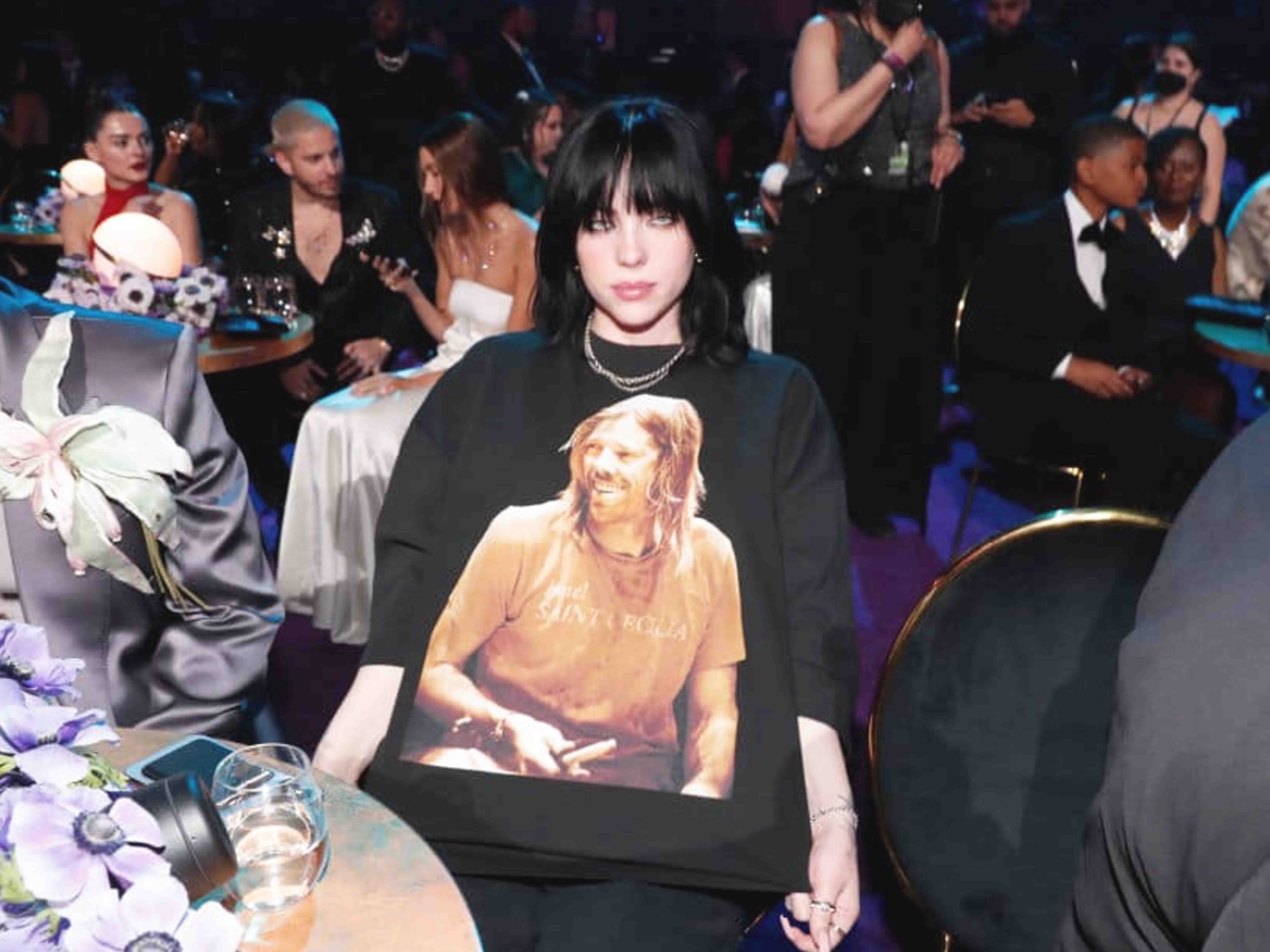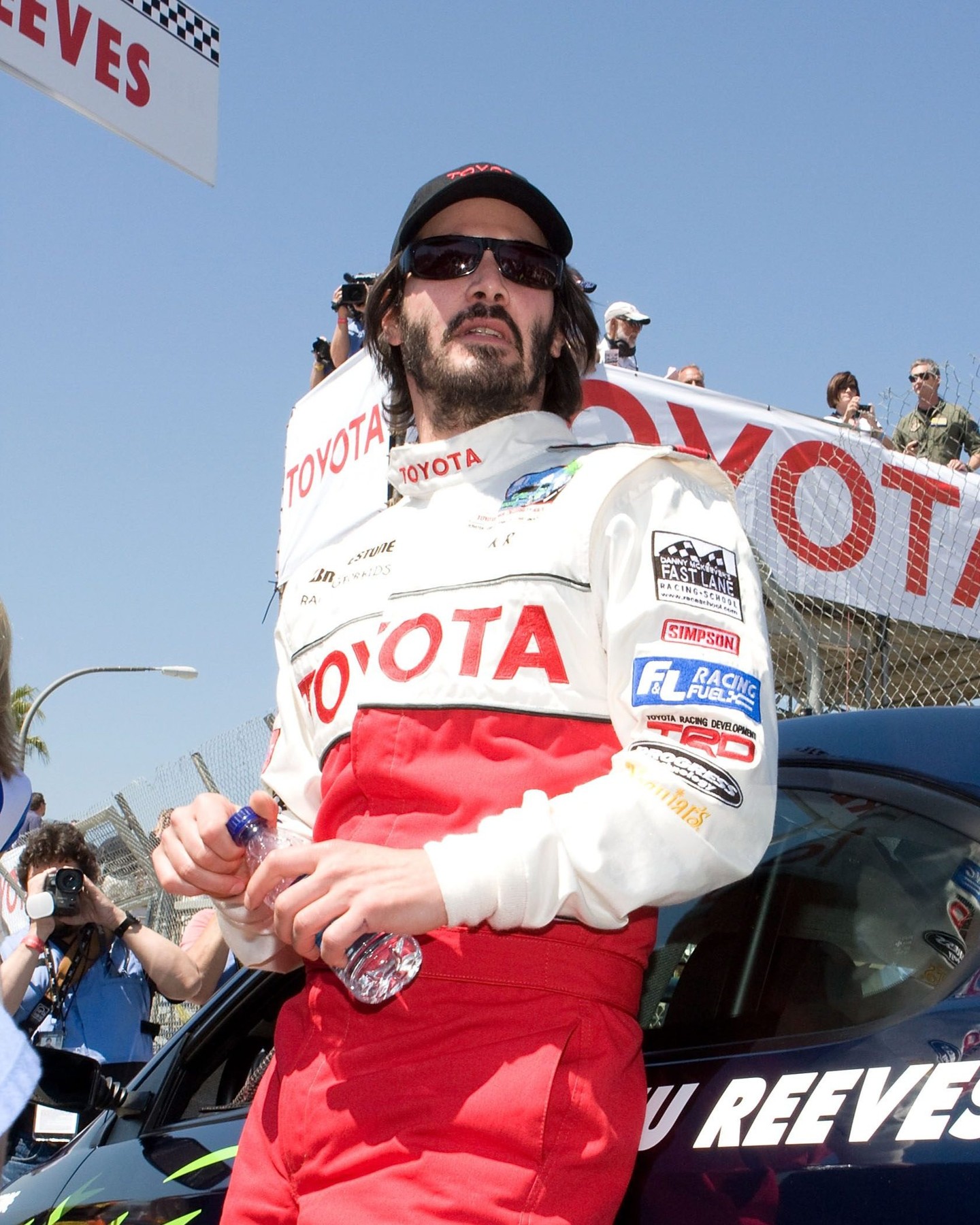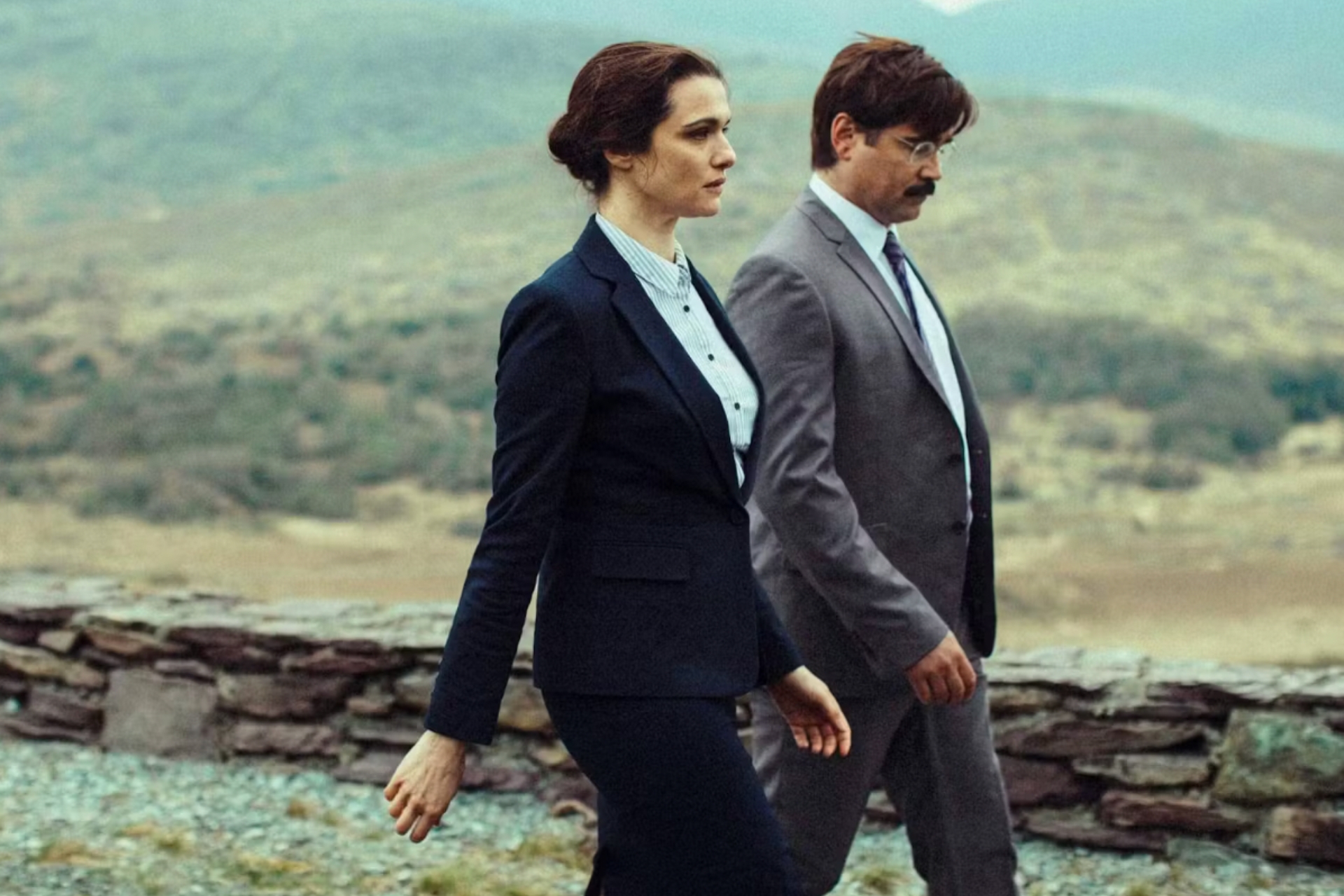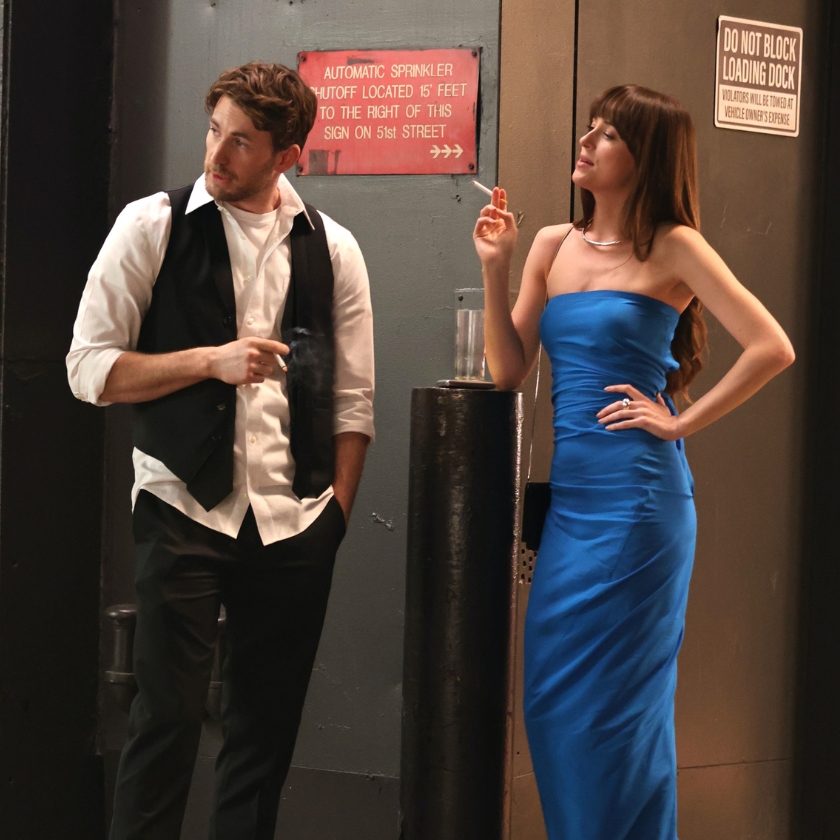Why is the next generation still stuck in mine?
Nostalgia for a time we didn't live in is common. But with the ephemerality of culture today, Esquire columnist Jonathan Seidler asks: is it possible the next generations will be stuck in time forever?

Jonathan Seidler is an Australian writer. This is his column for Esquire.
OLDER PEOPLE TELLING younger people that the stuff they love is actually a rip-off of something better from decades ago is a rite of passage that comes with ageing. It’s also the great societal leveller; whatever you may think is stupendously cool or original as a teenager will come back to bite you when the next generation’s teenagers style it as their own, whether that’s skate shoes or grunge or Apple headphones with wires still attached to them.
I started my professional life as a music journalist, which means I had to have this conversation with sassy editors every day. “Oh you like Jet? They’re a poor man’s Stooges. Cut Copy? Just another Talking Heads knock-off.” It’s a specific kind of annoying, being told that what you’re forming your identity around isn’t just yours, but part of a continuum of culture that existed long before you.
I know this, because recently I’ve been saying it a lot to my sister and her new husband’s friends. It has not made me very popular.
For context: my sister is ten years my junior. She’s a legend, and a couple of weekends ago, she got married to another legend. Having participated in the groomsmen’s lunch, the pre-wedding bus ride, the reception and ceremony itself as well as the recovery party the day after, I can say unequivocally that very few songs released after 2013 (OK, Uptown Funk is from 2015) were played at any of the proceedings. The selection of music the band played at the wedding itself seemed entirely frozen in time – my time. ‘Mr Brightside’. ‘Murder On The Dancefloor’. ‘Senorita’. ‘Valerie’. ‘Hey Ya!’ ‘American Boy’. ‘No Diggity’. There were a few concessions to one hit wonders from Lizzo and Dua Lipa, but they were scant and mostly ’80s Nile Rodgers take-offs anyway. During the pump-up sessions, my now brother-in-law’s mates mostly went in for ‘My Happiness’ by Powderfinger, a song released when they were five.


Disgruntled Dad commentator that I am, I found this all very peculiar. It was less about recycling the sounds of the old – as my young journo self apparently did – as much as choosing to stay firmly rooted in that time. Have the last ten years just produced zero decent wedding songs? Was Pharrell’s collaboration with the now-defunct Daft Punk (‘Get Lucky’, also 2013) as good as it got? And why, during kick-ons the next day, did the wedding party go wilder for S Club 7 and Spice Girls than more contemporary choices like Doja Cat or Olivia Rodrigo?
Nostalgia for an unknown past is not a new concept: many of my friends proudly wore Nirvana T-shirts to slumber parties despite us still being toddlers when Kurt died and the band imploded. The difference here was the shock of the new – bangers by Doja Cat, Olivia Rodrigo – doesn’t seem to possess a lasting enough effect to dislodge the old (at least not yet). I stood nursing my mango flavoured carbonated water that now stands in for beer in disbelief as songs long resigned to the CD wallets of history – Wheatus’ ‘Teenage Dirtbag’, Jennifer Lopez’ ‘Let’s Get Loud’ – got played out at maximum volume like they were new Fred Again joints. At the wedding, the band played three different Jamiroquai songs. The kids knew every word.
While we have been in the throes of a Y2K fascination for some time (Von Dutch is back, low rise jeans are in, Paris Hilton and Britney recently released memoirs), the flattening of culture, where ‘Mr Brightside’ has remained on the charts since I was in highschool and nothing new slots in to replace it, is somewhat unique. And this is in spite of our information age, where new tracks, trends and technologies arrive faster than ever before.
There is one theory that today’s young people look back upon circa-9/11 culture as the last time you could have carefree fun, before the world commenced its slow descent to hell, as documented in real-time on our phones. This explains why we do not judge Wheatus by the same standard as the latest Beyoncé release. Another posits that the a la carte, smash and grab iteration that has replaced omni-channel media means anthems that were minted in the heyday of Rage or Video Hits are essentially frozen in time; endlessly referenceable artefacts that have cross-generational access in a similar manner to Seinfeld or Friends.
Recently, there’s been a lot of hand-wringing about the demise of Splendour in the Grass, which was cancelled mere weeks after releasing its line-up and putting tickets on sale. But if you look at it through the lens of the permanent cultural whiplash we’re living in, it shouldn’t be that surprising. It’s similar to the problem currently affecting our youth broadcaster, the splintering of interests in which we can access everything but are required to have loyalty to nothing. As an 18 year old, all I was told by those more seasoned than I was that very little of the music I loved would have a shelf-life beyond a few years, and I believed it. Fast forward to last month, and I see how wrong they were: for a brief moment, my two-year-old was at the wedding afterparty, which means she is now part of the third generation of my family to have experienced ‘Teenage Dirtbag’ for the first time.
I hope she plays it at her wedding afters, too.
Jonathan Seidler is an Australian writer, father and nu-metal apologist. He is the author of a memoir called It’s A Shame About Ray and a novel titled All the Beautiful Things You Love, to be published on April 30 2024. Jonno has some interesting things to say about music, fatherhood, Aussie culture, mental health, problematic faves and the social gymnastics of group chats. This is his column for Esquire. You can see all of Jonathan’s previous columns here.























